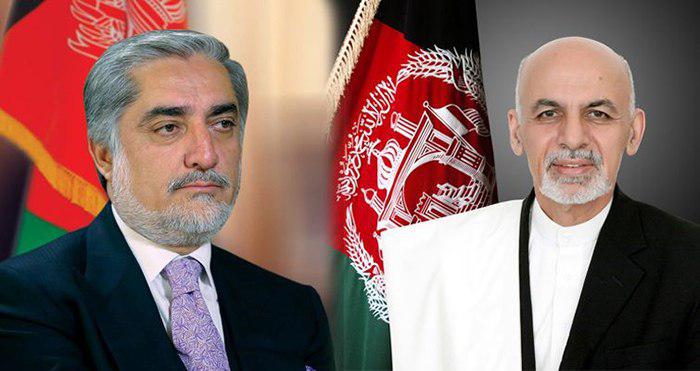The parliament has imposed new restriction on the policy code 91 and has just allowed the government to allocate a maximum of two billion afghanis for the contingency code. “The Ministry of Finance cannot transfer more than the amount approved for 91 [policy] code without approval of the parliament’s committee on financial and budget affairs,” the newly added article 22 of the budgetary principles reads.
Moreover, the parliamentarians have agreed to establish a special oversight and audit commission for monitoring the government’s performance. MP Sayed Azim Keberzani told Kabul Now that the special commission will assess the alleged misappropriations from the code 91 and would introduce the authorities to justice and judicial organs, if they are found guilty.
According to Mr. Keberzani, previously there was a legal vacuum over spending money from the 91 code which is now fixed. “This year we have added a new article stipulating that no money should be transferred [to this code] and it must not be spent irrationally for unnecessary reasons,” he asserted.
How Code 91 scandal became under spotlight?
The total budget in the 91 code in the 1397 fiscal year, approved by the Afghan parliament, was 1,300,000,000 afghanis but Kabul Now found that the Ministry of Finance (MoF), under directive by the President, syphoned 1,720,000,000 afghanis into this code. Since then, the issue became a matter of controversy between the parliament and finance ministry for months.
Describing the act as a violation of law, the parliament repeatedly asked the MoF for clarifications. The authorities at the MoF, however, said that they have syphoned the amount to code 91 following the president’s decrees. Government documents indicate that both the President and Chief Executive have issued a number of additional decrees to authorize money withdrawal from the 91 Code under numerous justifications such as house and office building rents, medical treatment expenses, travel expenditures, flight ticket payments, purchase of cars, travel expenditures of government officials and expenditures of other private organizations.
Accusing Ghani and Abdullah of committing ‘national treason’, some members of the parliament’s committee on financial and budget affairs called for implementation of the article 69 of Afghanistan Constitution. Part of the article stipulates that “the President shall be released from duty and the issue shall be referred to a special court” if a two-thirds majority of the Loya Jirga – required upon demands by two-thirds of the House of People (parliament) – approves the accusation against president.
Naser Temory, a member of the Integrity Watch Afghanistan (IWA), says media’s tight overseeing on government will bring accountability.
“MPs, particularly the parliament’s committee on financial and budget affairs, are working more for their personal and political interests rather than for the national interests,” he said.
What is policy code 91?
The policy code 91 is a contingency code which is set to be used for policy makings and governance expenses in emergency time.
Saifuddin Saihoon, an economic commentator, believes that the government leaders, Ashraf Ghani and Abdullah Abdullah, have looted public assets and funds.
In response to alleged misappropriations from the contingency code, deputy spokesperson for the President, Dawakhan Minapal said the amount withdrawn from the policy code 91 was spent to protect the Afghan government. Office of the Chief Executive, however, has not commented in regard to the misappropriations.
Payments from the policy code 91 became under spotlight and widely discussed in the Afghan parliament, media, social media, and investigative bodies after Kabul Now released an investigative report, revealing how Ghani and Abdullah had misappropriated billions of afghanis from the contingency code.




